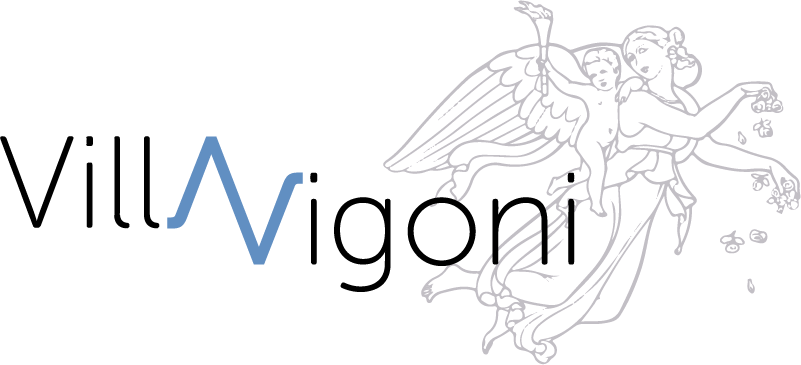Comprehensive collection of Szelényi Iván – Mihályi Péter's work is now available
TÁRKI has published the latest comprehensive collection of essays by Iván Szelényi and Péter Mihályi, one of which brings together 18 articles and 2 interviews originally published in Hungarian, while the other contains 12 English-language studies in full lenght, all in a single, easy-to-read and referenceable book.









